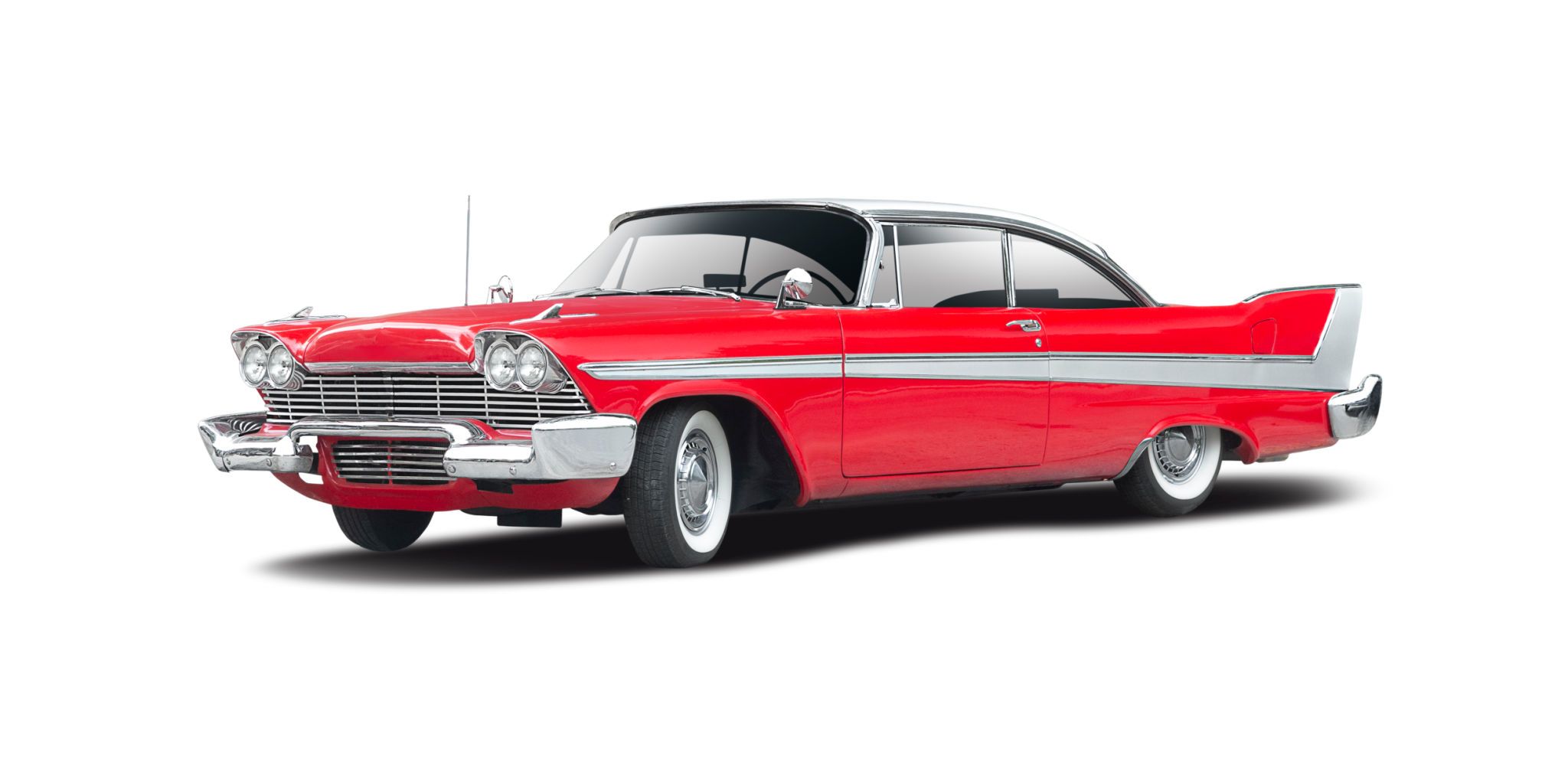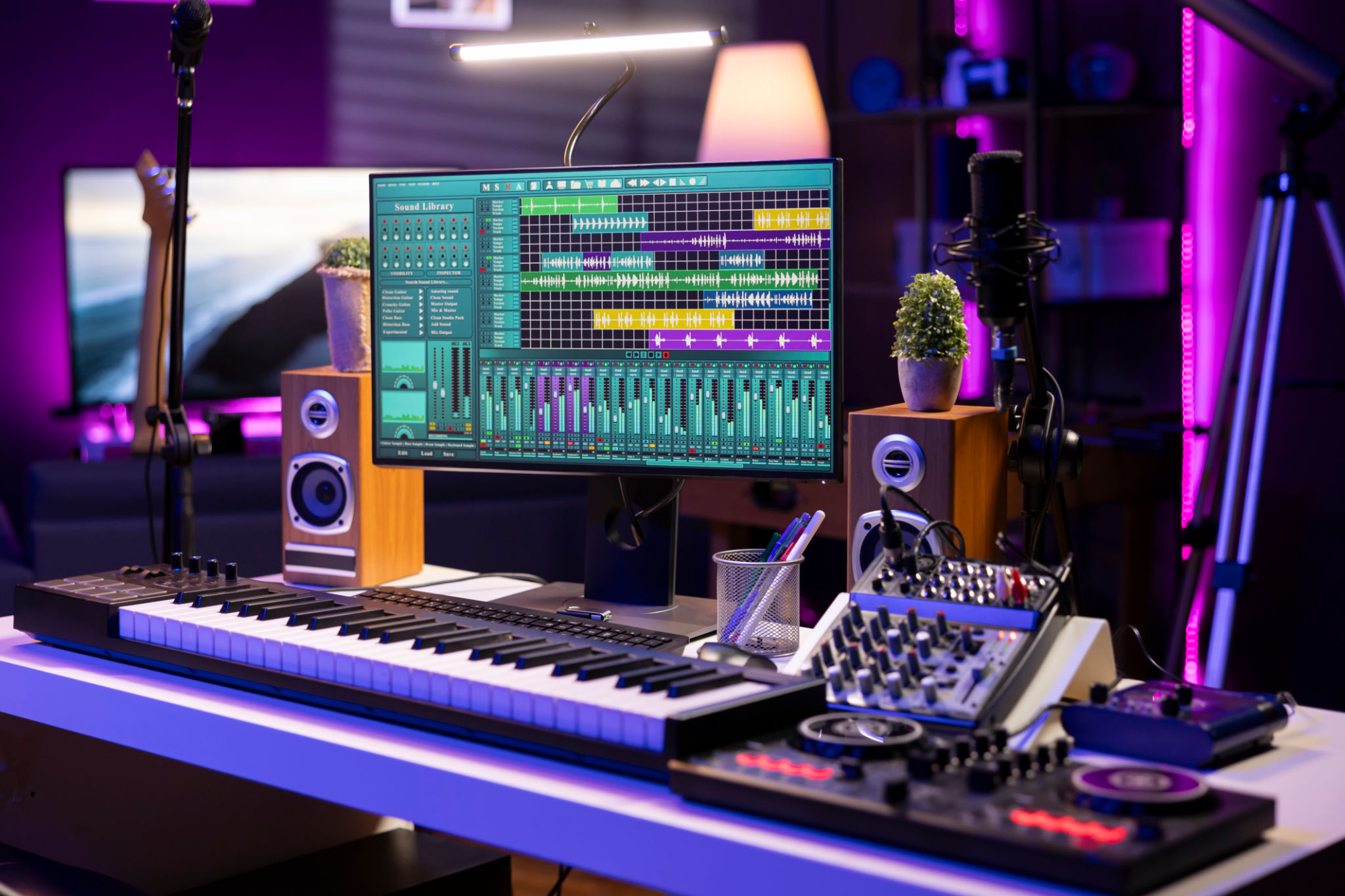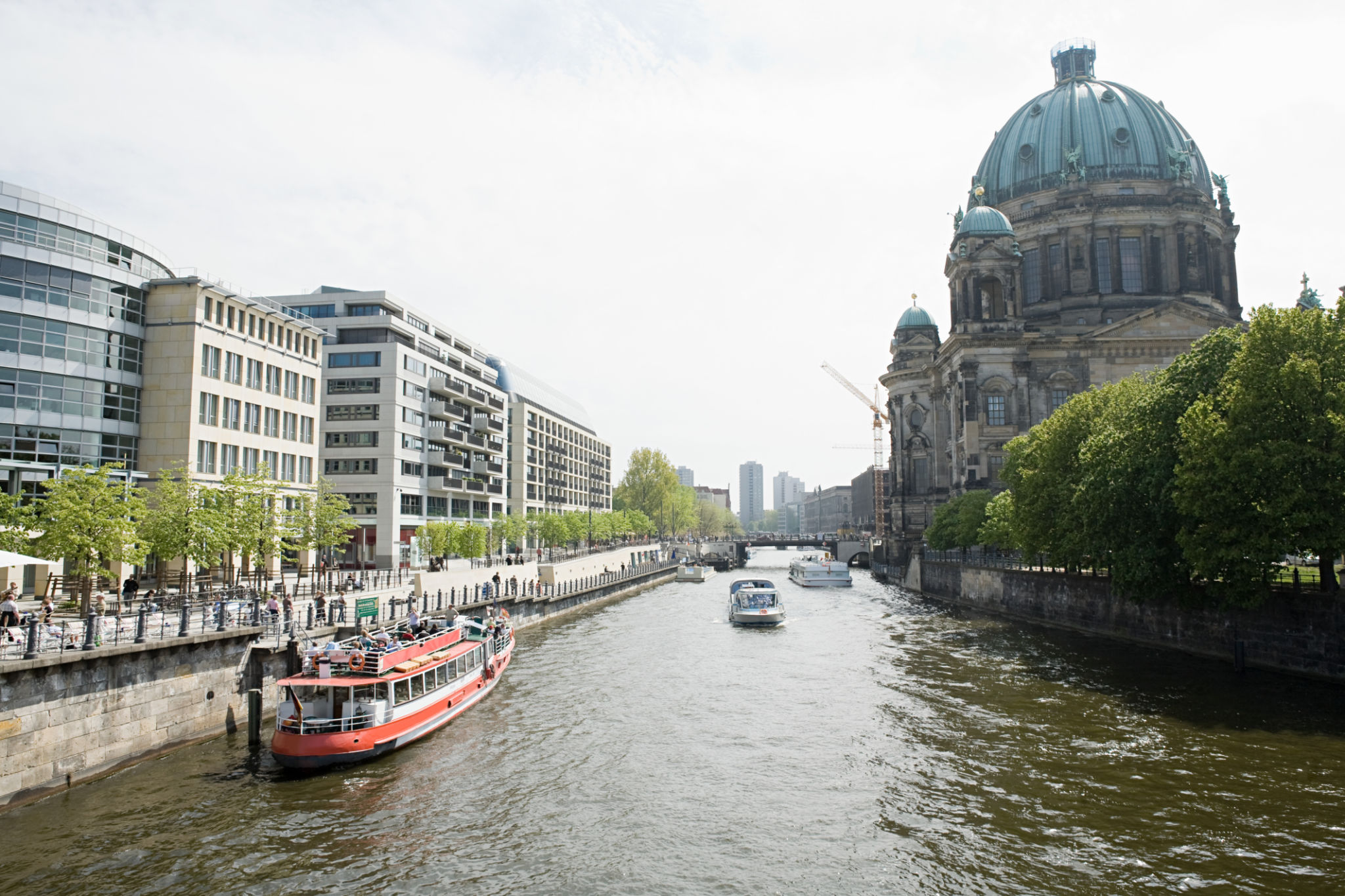- Home
- Contact Us at 3132473203
- Blog
- Toledo tuesdays $80 dollars round trip
- Toledo TUESDAYS $80 dollars round trip
- Toledo tuesdays $80 dollars round trip
- Cedar point anyone?
- We accept cashapp
- We accept cashapp
- We accept cashapp pay and book here
- Services
- You can pay here and scan for locations
- Scan here for pickup and departure itinerary
- We accept credit card payments
- Book and pay by credit card here!
- Book your seat by credit here!
How Virtual Reality is Transforming Detroit City Tours
Introduction to Virtual Reality in Detroit
Detroit, a city renowned for its rich history and cultural diversity, is embracing modern technology to enhance its tourism sector. Virtual Reality (VR) is at the forefront of this transformation, offering visitors an immersive and unique way to explore the city's landmarks and hidden gems. This technological leap is not just changing how tours are conducted but also how tourists experience the city.

Making Historical Sites Accessible
One of the most significant advantages of VR is its ability to make historical sites accessible to everyone. With VR, tourists can virtually step back in time and witness pivotal moments in Detroit's history. This technology allows for a more engaging and educational experience, as visitors can see historical events unfold right before their eyes.
Experiencing the Automotive Legacy
Detroit's identity is deeply intertwined with the automotive industry. VR tours offer an interactive way to experience the city's automotive legacy. Visitors can explore virtual models of classic cars, visit old manufacturing plants, and even participate in virtual car races. This not only enhances the tour experience but also deepens the appreciation for Detroit's role in shaping the automotive world.

Exploring Art and Culture
Detroit's vibrant art scene is another area where VR is making a significant impact. With VR, art enthusiasts can take virtual tours of the city's famous museums and galleries, enjoying masterpieces from different angles and perspectives. This is particularly beneficial for those unable to visit in person, as they can still enjoy the city's cultural offerings from anywhere in the world.
Music and Entertainment
The city's rich musical heritage is also being celebrated through VR technology. Virtual tours can take visitors on a journey through Detroit's music history, from Motown's legendary studios to contemporary music venues. These experiences are designed to be both informative and entertaining, allowing users to listen to iconic tracks while learning about the artists who made them famous.

Boosting Local Economy
The integration of VR into city tours is not only enhancing tourist experiences but also boosting the local economy. By attracting more tourists through innovative and appealing tours, local businesses see increased patronage. This technological advancement serves as a catalyst for economic growth, providing new opportunities for entrepreneurs in the tourism sector.
Future Prospects
As VR technology continues to evolve, its potential applications in tourism are limitless. Future prospects include augmented reality (AR) integrations that could offer real-time information overlays during tours, enhancing the depth of knowledge shared with tourists. The ongoing development promises even more dynamic and engaging experiences for future visitors.

Conclusion
Virtual Reality is revolutionizing how we experience city tours, and Detroit stands as a prime example of this transformation. By blending technology with tourism, the city offers innovative ways to explore its rich history and culture. As VR continues to advance, it will undoubtedly play an increasingly pivotal role in shaping the future of tourism not just in Detroit, but around the world.